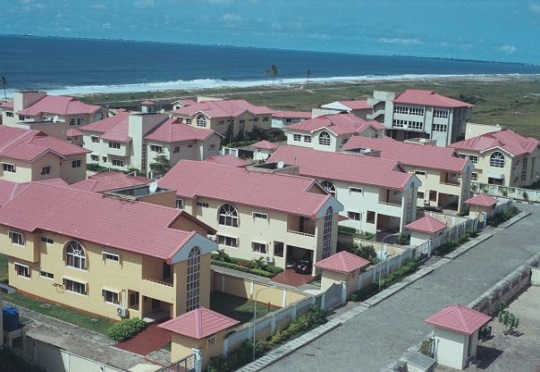Real estate firms can improve community engagement by adopting strategies that build trust, foster relationships, and create meaningful interactions with local residents. One effective approach is to actively involve the community in the planning and development stages of projects.
By organizing town hall meetings, focus groups, and workshops, real estate firms can gather valuable input from residents and stakeholders, ensuring that projects align with local needs and preferences. This inclusive approach not only reduces resistance to development but also enhances community buy-in and support for the project.
Transparency and consistent communication are also crucial for fostering positive relationships. Real estate firms should maintain open channels of communication with the community, providing regular updates on project progress, timelines, and any potential disruptions.
Utilizing multiple platforms, such as social media, newsletters, and community websites, can help ensure that information reaches a broad audience. Clear, honest communication builds trust and demonstrates the firm’s commitment to being a responsible and engaged member of the community
Partnerships with local organizations and community groups can further enhance engagement efforts. By collaborating with local businesses, non-profits, and civic groups, real estate firms can support community initiatives, such as sponsoring events, funding local programs, or contributing to local infrastructure projects. These partnerships help integrate the firm into the community fabric, strengthening its reputation as a partner rather than an outsider
Additionally, real estate firms can improve community engagement by focusing on corporate social responsibility (CSR) initiatives that directly benefit the community. This might include developing affordable housing, creating public spaces, or investing in green infrastructure that improves the local environment. By demonstrating a commitment to the community’s well-being, real estate firms can build lasting relationships and enhance their brand’s perception among local residents.
Adopting these strategies, real estate firms can build stronger connections with communities, making their projects more sustainable, widely accepted, and advantageous for all parties involved in the development.














